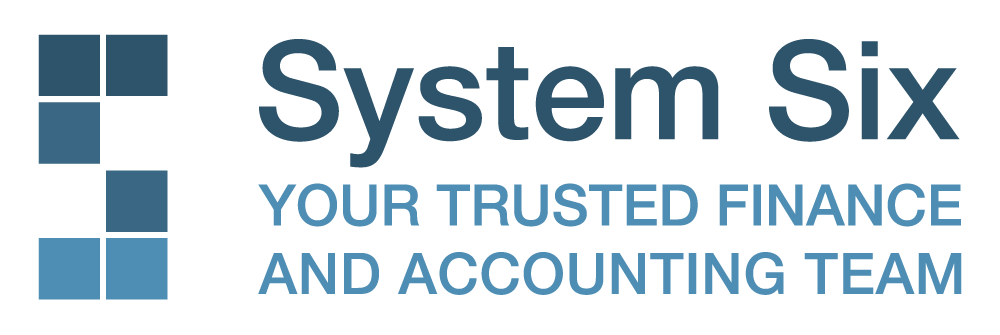Attracting great talent is a key strategy to building a resilient business. Retaining that talent is equally important. The Great Resignation has opened our eyes to the importance of creating environments where employees can thrive. People aren’t only looking for robust retirement packages or attractive benefits portfolios; they want a strong company culture. Employee retention is at critical mass.
How does your team experience the place in which they work? Are they stressed and frazzled? Are their coworkers inclusive and diverse, or is it a competitive, homogenous environment? Do you actively support the work-life balance your employees desire? (Here are some signs your team is overwhelmed!)
A resilient work culture begins and thrives through attentive leadership that listens to their teams’ concerns and gives them the support they need to be successful.
Prioritize a Great Culture From the Start
All too often, unfortunately, companies confront their workplace cultures reactively instead of proactively.
Leadership coach and SSB client Aiko Bethea recently brought attention to this in her conversation about transformative workplace cultures with Brene Brown on the Dare to Lead podcast. “When something is important to you, and you value it, not only is it a priority, but it’s something you’re going to deal with intentionally.” Bethea goes on to say that companies often view priority through the lens of “yesterday” – reactively trying to fix issues instead of proactively working towards a better future.
Leaders who reactively rush into action to put out fires without being prepared or equipped can do more harm than good. Excellent workplace culture develops when employers intentionally support their teams from their first moments on the job.
Great Culture Starts With Onboarding
How you onboard new employees speaks volumes about how much you prioritize their success and well-being.
What will your employee’s experience be on the first day on the job? Is their equipment ready and waiting? Is essential login information for standard work programs like Zoom, Slack, and Loom prepared for them when they arrive on their first day? Have you fully briefed their coworkers and team about their role?
Whether you have people available to personally walk new employees through training, or you rely on technology and recordings to get your new team members started, it matters that there are resources and clear communication when you’re onboarding.
Great Culture is Strengthened Through Connectivity
Finding ways to make connections and build healthy working relationships are increasingly important to today’s workforce—employees who feel connected at work report higher states of well-being and job satisfaction.
With pandemic-related disruptions and the recent sharp rise in remote work, connectivity is increasingly challenging to cultivate.
The good news is that there are fantastic resources and technologies available today to make connectivity easy and enjoyable, even for remote teammates working in different time zones.
Implementing digital dashboards and similar tools, encouraging employee-led committees, carving out regular times for employee happy hours and social events – these are just a handful of simple ways to promote connectivity, and all of them can be done both in-person or remotely.
Websites like Confetti.com have a wealth of team-building activity ideas and tools if you need some help getting started. It’s important to note, however, that connection building needs to come from a genuine, authentic interest in the people who are on your team.
Great Culture Is Sustained Through Investing in Development
Resilient businesses treat their teams like people, not disposable resources. That’s why investing in your employees’ development is critical to creating a great work culture.
Rarely is someone content to stay in the same position and role for a lifetime. Employees want to learn, grow, and rise in rank. Consider offering regular educational and training opportunities to help your team acquire new skills and grow. Create a culture that celebrates development and advancement.
A resilient business’s goal should be to help its people grow into the seats they want. This takes intentionality, trust, and support; ultimately, good leadership. Listening and responding to your employee’s concerns and goals demonstrates empathy, compassion, and commitment. When employers invest in their development, employees feel more valued and loyal.
From setting them up for success on their first day on the job to cheering them on as they grow into the roles they want, you won’t regret intentionally investing in your team. Showing your employees you want them at your company is the best way to ensure they stay. Remember, their success is ultimately your success too.




